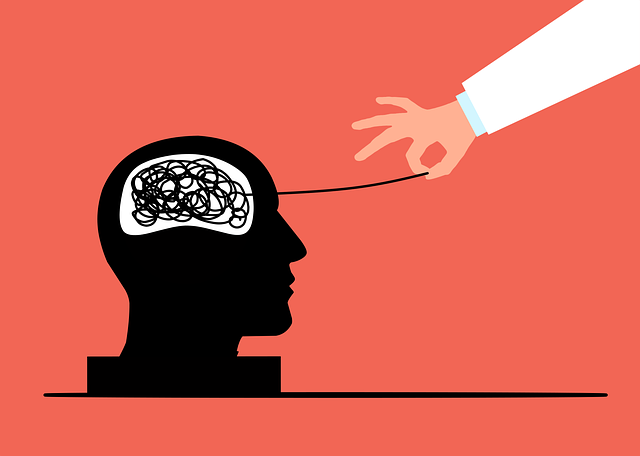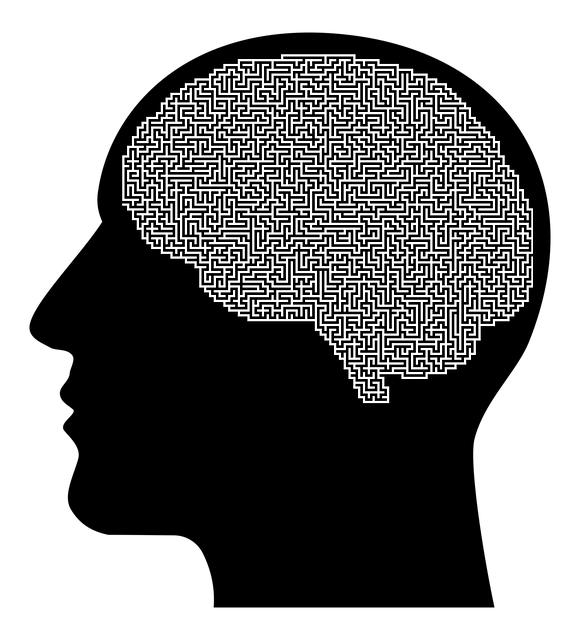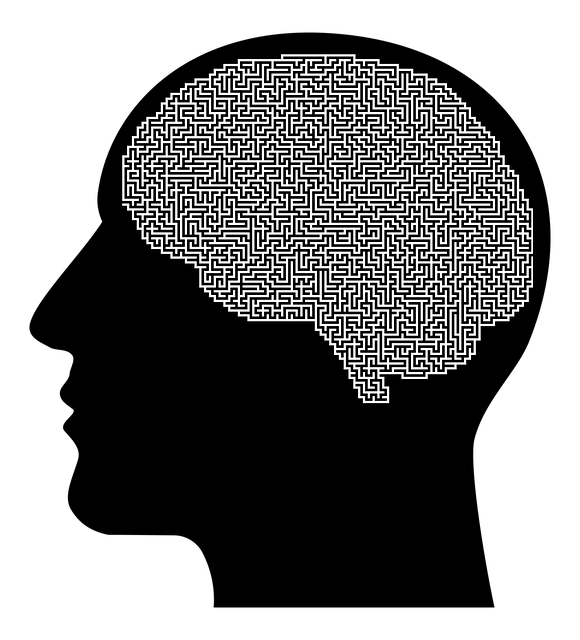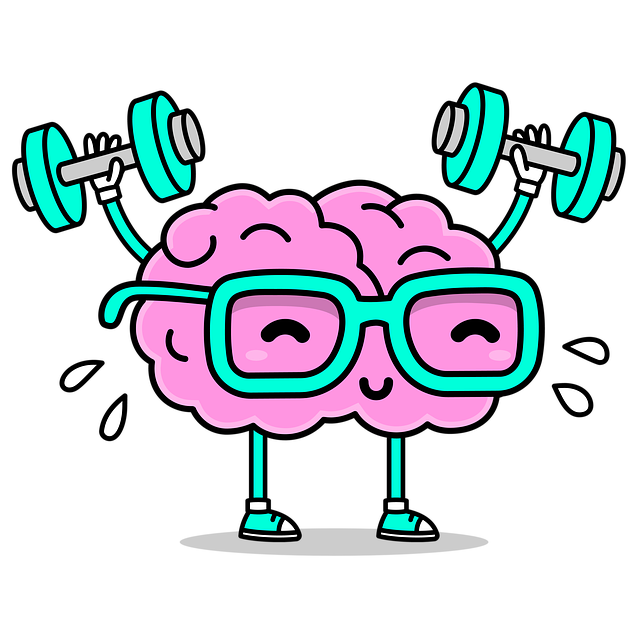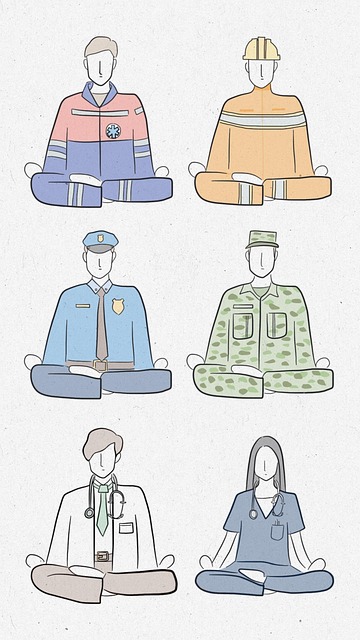Mental wellness is foundational to children's development, with early self-care routines influencing future mental health. For young children, this includes emotional nurturing and teaching coping mechanisms to build resilience, self-esteem, and healthy relationships. Recognizing eating disorders early is crucial for effective therapy in children, as it significantly impacts long-term outcomes. Public awareness campaigns educate parents and communities about signs of distress and available support systems. Tailored therapy, including CBT and mindfulness, addresses root causes often tied to trauma or stress. Holistic self-care routines, integrating emotional, physical, and mental well-being, empower children to regain control and develop positive body images. Community outreach programs offer support networks fostering empathy among peers and families. Early intervention focuses on identifying triggers, managing emotions, and cultivating a positive body image for long-term mental wellness.
Mental wellness is a cornerstone of overall health, especially for young children. This article delves into crucial aspects of supporting their mental well-being, focusing on self-care and therapy for eating disorders. We explore strategies to identify these issues early, emphasizing the importance of comprehensive self-care routines in recovery. Understanding mental wellness involves recognizing signs and symptoms of eating disorders in children, followed by effective therapeutic approaches tailored for this age group.
- Understanding Mental Wellness and Self-Care for Young Children
- Identifying Eating Disorders in Childhood: Signs and Symptoms
- Creating a Comprehensive Self-Care Routine for Recovery
- The Role of Therapy in Treating Eating Disorders in Young Children
Understanding Mental Wellness and Self-Care for Young Children

Mental wellness is a vital aspect of a child’s overall development, and establishing healthy self-care routines from an early age can have a profound impact on their future mental health. For young children, self-care is not just about personal hygiene or physical activities; it involves nurturing their emotional well-being and teaching them coping mechanisms to navigate life’s challenges. This includes fostering positive communication strategies, encouraging open conversations about feelings, and providing safe spaces for expression.
The concept of self-care for kids goes beyond basic needs. It is about creating a supportive environment that promotes resilience, self-esteem, and healthy relationships. Early intervention through therapy for young children with eating disorders or other mental health concerns can be life-changing. Public awareness campaigns and effective communication strategies play a crucial role in educating parents, caregivers, and the community about the signs of distress and available support systems. By raising mental wellness awareness, we empower kids to take charge of their emotional well-being and develop robust self-care routines.
Identifying Eating Disorders in Childhood: Signs and Symptoms

Recognizing eating disorders early is vital for effective therapy in young children. This is because early intervention can significantly impact long-term outcomes and prevent severe complications. Signs to look out for include excessive preoccupation with weight, food, or dieting; extreme measures to control calorie intake, such as self-induced vomiting or over-exercising; and secretive behaviors related to eating. Children might also display a distorted body image, a significant loss of appetite, or an intense fear of gaining weight.
If you notice these symptoms, it’s crucial to seek professional help. Therapy for young children with eating disorders should focus on coping skills development and addressing the underlying mental wellness issues. A Mental Wellness Podcast Series Production can be an excellent resource to educate parents and caregivers, providing insights into recognizing and managing these conditions effectively. Additionally, promoting burnout prevention strategies is essential in supporting both the child and their family through this challenging time.
Creating a Comprehensive Self-Care Routine for Recovery

Creating a comprehensive self-care routine is an integral part of the recovery process for young children struggling with eating disorders. This holistic approach goes beyond just addressing symptoms; it empowers kids to develop coping skills and build empathy for their bodies. A well-rounded routine can include a variety of activities that support emotional, physical, and mental health. For instance, therapy sessions specifically tailored for young individuals with eating disorders can provide a safe space to explore underlying issues and learn healthy ways of managing stress.
In conjunction with therapy, implementing community outreach program initiatives focused on raising awareness about eating disorders among peers and family members is beneficial. These programs can facilitate conversations, promote empathy building strategies, and offer support networks that extend beyond the clinical setting. By integrating self-care practices, such as mindfulness exercises, creative outlets, and regular physical activity, children can gain a sense of control and cultivate a positive relationship with food and their bodies. This multifaceted approach ensures a more effective recovery journey tailored to each child’s unique needs.
The Role of Therapy in Treating Eating Disorders in Young Children

The early years are a critical period for developing emotional regulation skills, which makes therapy an essential tool in addressing eating disorders in young children. Many eating disorders stem from complex psychological factors and struggles with self-awareness, often related to trauma or stress. Therapy for young children suffering from these disorders focuses on understanding the root causes. Through various therapeutic techniques, such as cognitive behavioural therapy (CBT) and mindfulness practices, therapists help children develop healthy coping mechanisms and enhance their self-awareness exercises.
By employing mind over matter principles, therapy empowers young individuals to challenge distorted thinking patterns and adopt healthier behaviours. This process involves learning to recognize triggers, managing intense emotions, and fostering a positive body image—all crucial components in overcoming eating disorders. Early intervention through targeted therapy not only supports the child’s immediate needs but also sets them up for long-term mental wellness.
In developing a mental wellness self-care routine, especially for young children, understanding their unique needs and incorporating evidence-based practices like therapy for young children eating disorders is paramount. The article has explored strategies from identifying signs early to creating comprehensive routines focused on recovery. By integrating these insights, parents and caregivers can foster a nurturing environment that promotes mental health and encourages seeking professional help when needed, ultimately guiding young minds towards a healthier and happier future.


